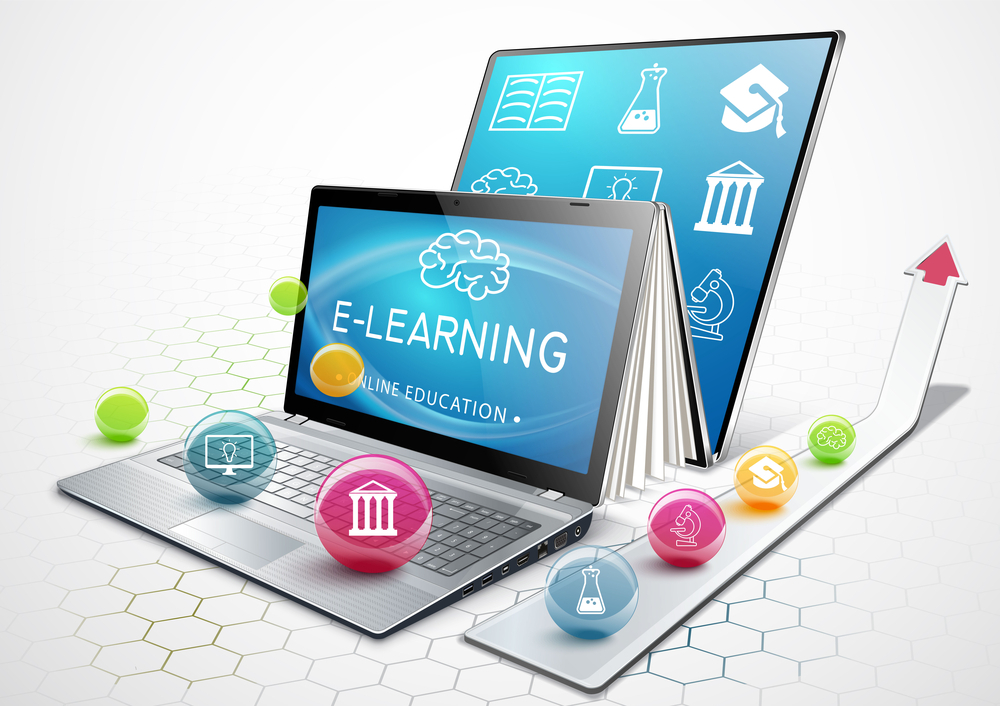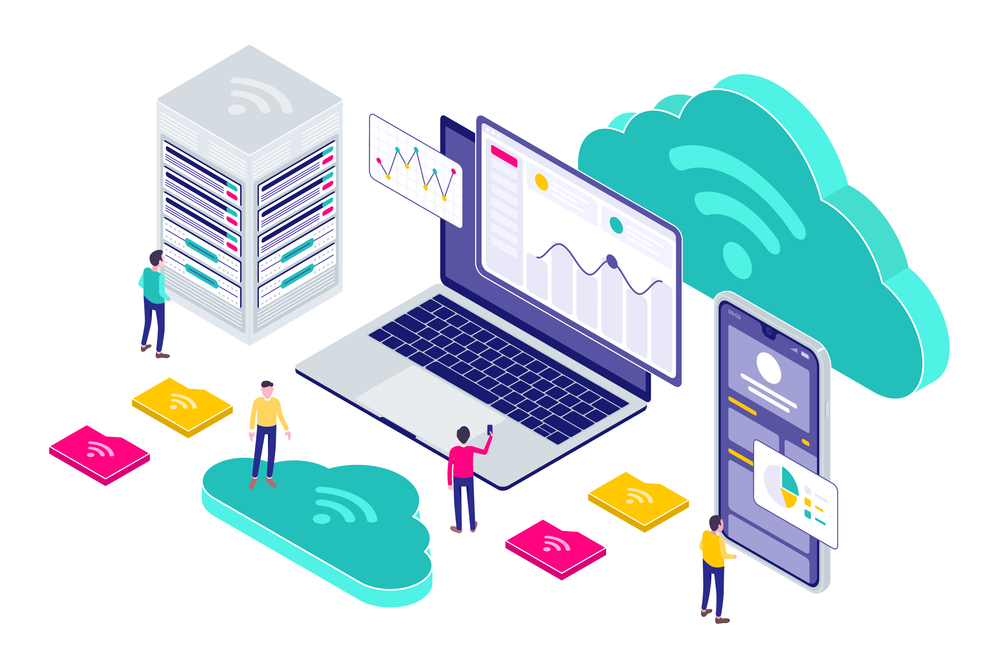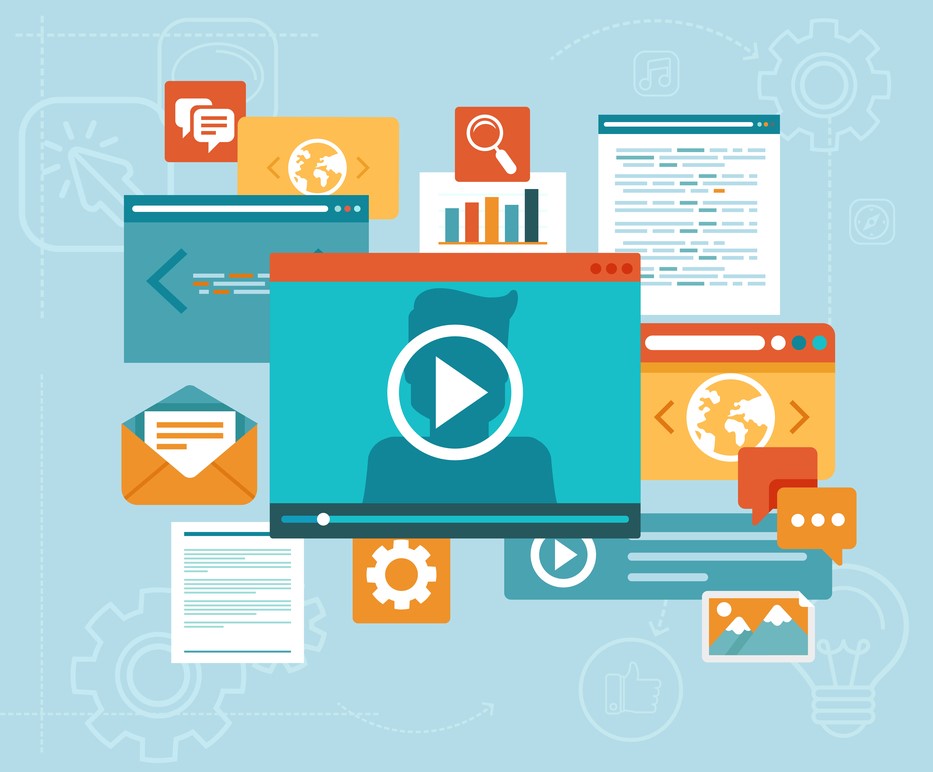Edit

About Us
Shubha needs to write this
Contact Info
- Nagarbhavi, Bengaluru - 560091
- +91 9986766783
- Week Days: 09.00 to 18.00 Weekend: Closed

Shubha needs to write this


To be successful in the workplace of the future, people will need to have the right digital education. Whether in school, at university or on the job – the digital transformation that is under way is making IT skills more important every day. Digital media are also creating new opportunities for digital learning. I am confident that our company will be able to meet the challenges of digitalization and take advantage of the opportunities it presents, but we will need a comprehensive approach.
A digital education will allow people to continue to participate in social life in a self-determined manner in the future. In addition, digital education will ensure that companies remain competitive. Simply put: Industry 4.0 needs education 4.0. With the digital transformation, we must radically alter both how we learn and what we learn. This is because digital skills have become a fourth key competency alongside reading, writing and arithmetic.
In the rapidly changing academic scenario, it is imperative to keep technology as an ally for any institution’s academic as well as administrative development. The administrative sector could benefit a great deal from the use of technology and digitization, enabling tasks like fee collection, student and staff management, and creation of report cards and certificates to be simplified. Digitization also reduces manual errors, saves time and reduces expenses. With an aim to make technology commonplace in schools across the country, Nivarthana Pvt. Ltd. has come up with Sarva, a digital platform working on cloud technology, which is today recognized as one of the best administrative solutions in the complete digital education sector.
There is a need to invest in creation of open, interoperable, evolvable, public digital infrastructure in the education sector that can be used by multiple platforms and point solutions, to solve for India’s scale, diversity, complexity and device penetration. This will ensure that the technology-based solutions do not become outdated with the rapid advances in technology.


A digital learning platform that uses videos, interactive activities, games and simulations to generate self-directed content can greatly enhance the learner experience. Besides individualized curated content, learners have the benefit of content that works independently of the digital learning platform that it is presented on. Many schools are adopting a blended learning approach, which is a combination of online and traditional learning approaches. By reducing the mechanical aspects of the learning cycle (such as the effort in marking tests and assessments), blended learning offers an immediate drop in cost, while increasing assessment efficiency.
The space of digital learning, the way in which learners and content interact are poised for transformation. A world where instructors and learners are both increasingly facilitated by technology is a world where the learning experience can become powerful and much more productive, going beyond just a mere curriculum-based learning experience.
Teachers will undergo rigorous training in learner-centric pedagogy and on how to become high-quality online content creators themselves using online teaching platforms and tools. There is an emphasis on the teacher’s role in facilitating active student engagement with the content and with each other.
Implementation will be guided by the following principles. First step is to develop a holistic platform that is a one stop solution to meet all of the needs of an educational institute. Second, it is important to implement modern and advanced pedagogical structure in a phased manner, as each of the technique is critical, each of which requires continual input and support from educators and students alike. Third, prioritization will be important in ensuring optimization of all the existing features to not only improve the quality of the content but also to provide institutions a much larger return on investment. Fourth and the final principle, comprehensiveness in implementation will be key; as the platform is interconnected and holistic, only a full-fledged implementation, and not a fragmentary one, will ensure that the desired goals are achieved.


Digital learning is an advanced technological medium providing learners with a great deal of flexibility, allowing them to study at any time from any place at their own convenient speed without worrying about timetables and schedules. It allows students to pursue what they want to learn and what they don’t. The expansion of technological advancements is bringing new changes in the way education is being imparted and perceived.
With the advent of interactive devices such as flipped classrooms, mobile apps, etc. learning is no longer confined to a traditional classroom set up. The learning process of millennials is being re-wired with these innovative digital aids. Various educators are coming up with interactive learning modules using the best of technology.
There is a widespread notion that educational systems should empower learners with skills and competences such as critical thinking, problem solving, collaborative skills, innovation, digital literacy, and adaptability.
Sarva is based on principles that promote new learning methods, required skills, and changes in the education system and implementation of enabling technologies, while taking into account the need for a support system that facilitates implementation processes and continuous updates.
Two of the major areas of next-wave technology are augmented reality and virtual reality (AR/VR). Augmented reality devices enhance real-world materials, such as making a map jump off a page, while virtual reality products create an immersive digital world in which students interact in virtual 3D worlds that enhance learning experiences.
Considering that as educators, teachers already have many different roles to fulfill, like controllers, organizers, creators, prompters, and assessors, it is more than obvious that teachers are in desperate need of tools that will help them not only ease the process of learning, but also modernize it.
A key challenge for educators and human resource professionals alike will be to understand the critical importance of supporting personalized learning. The changing nature of the global economy will mean that upskilling and reskilling students and workers will be continual and lifelong.
The hard reality is that we are entering an era in which many kinds of routine work is simply becoming much less valuable. However, even as technology eliminates the need for routine labor, it is simultaneously opening up whole new opportunities in industries that leverage knowledge and innovation. The good news is that new platform to achieve all our goals is on the horizon as well.
We promise, doesn’t spam you!